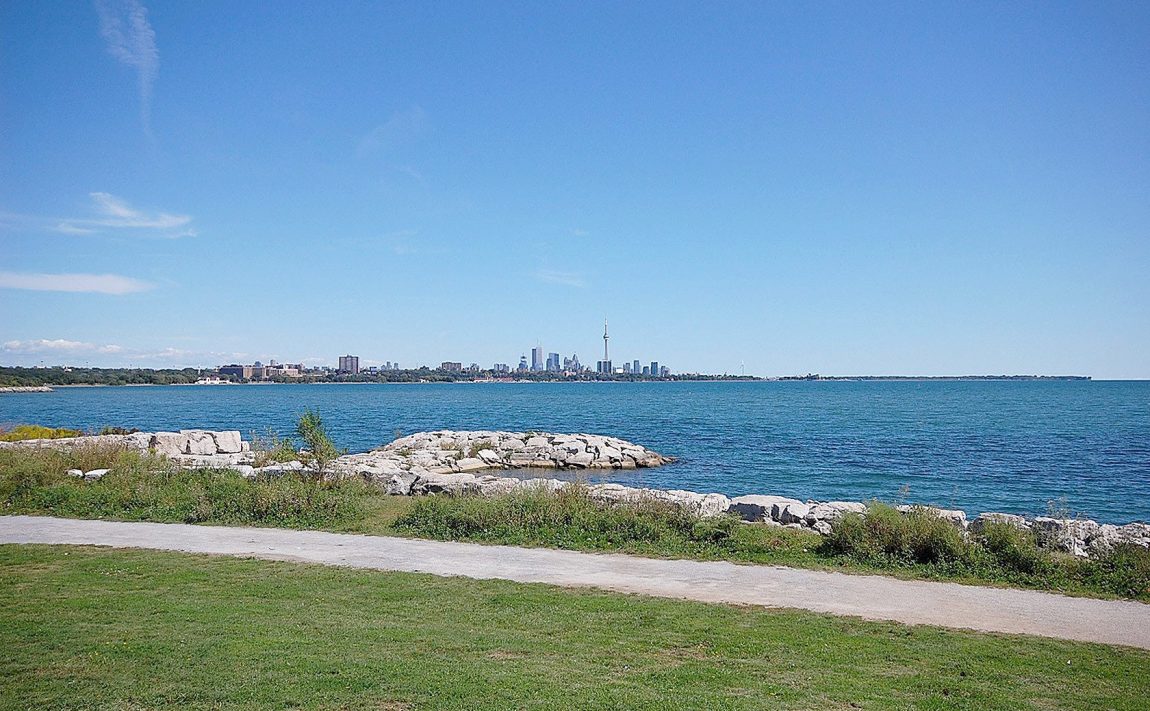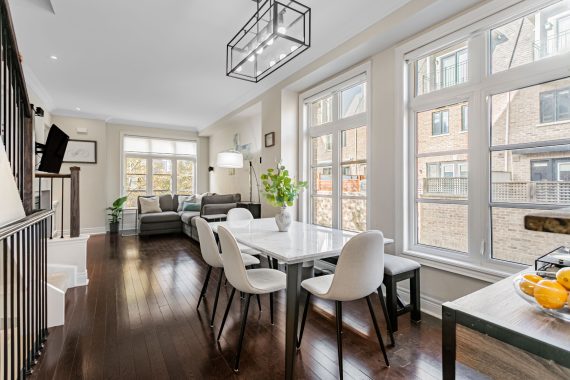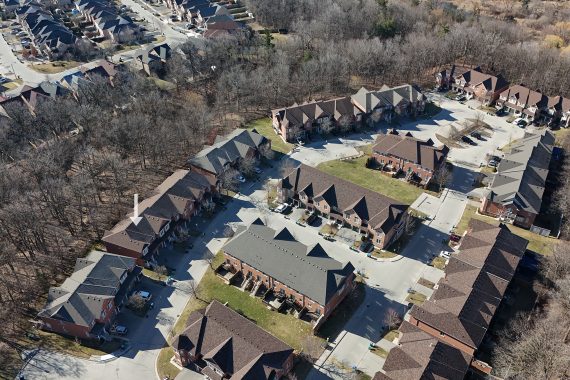You’ve looked at some remarkable condos in some extraordinary buildings, all in the great location you’ve been yearning to live in—and now you think you’ve found the perfect one. What do you do next? Make an offer? Begin packing? Start planning your housewarming party? All that’s important…but it’s not the most important thing. The next—and most important thing—you must do is obtain a status certificate during your offer for the property you’re taken with and want to move into. Why? Because there might be a few questions you need answers to before you buy. Questions such as:
- What are the community rules?
- Am I allowed to bring my dog or cat with me? Or get a pet later on?
- Can I repaint the inside of my unit after I move in? What if I want to plant flowers or add other enhancements to my unit?
- Do I really own the balcony of my condo? Do I have to repair it when something breaks, or does the community actually maintain it?
- If I want to rent out my condo after I buy it, can I? What if I’m buying my condo as an investment? Can I immediately start leasing it out?
- What are the hours for the pool, fitness centre, rec rooms and party rooms? Are they subject to change? If so, who has the authority to change them, and what input do I have?
- What are the condo association fees and what do they cover?
The status certificate will answer all the questions you might have thought of, and many others that might never have occurred to you. Questions such as:
- What portion of the association fee goes to a repair fund as a reserve to pay for large repairs? Is it big enough to fund any large repairs that might be needed?
- I’m always up to date on paying my bills, but what if the other condo owners don’t pay their association fees? How does that impact me?
- What does the condo association’s insurance policy cover? If the roof leaks, are my personal belongings covered?
The status certificate document doesn’t make for compelling reading, but it does contain some compelling information: the condo community’s by-laws, budget, reserve fund, insurance, management contract, rules, minutes of the last general meeting, and notice of any lawsuit involving the corporation.
One of the main purposes of the status certificate is to inform the prospective buyer of the fees, any large increases on the horizon, any special assessment in the works, and any arrears or liens a particular condo unit might have.
Before making an offer, you want as much information about your unit, and about the fiscal and physical condition of the building. The status certificate is the most important document in a condo sale, and it can run as many as 100 pages. Most deals are conditional on the your lawyer being satisfied after reviewing all of the condominium documents, including the status certificate.
How do you get a status certificate? Your real estate agent or your solicitor generally requests it. The cost is typically around $100 and it takes about ten days after the request has been made and the fee paid to arrive. Or, in many cases, a condo status certificate can be requested online. Your real estate agent can request the condo status certificate online, make payment online using a major credit card, receive an email notification when the condo status certificate is ready. They can then download an electronic file containing the condo status certificate, and email it to your solicitor. This gets the status certificate to you much sooner than the traditional ten days.
You’re investing a great deal of time and money in choosing the condo that’s right for you. Close scrutiny of a status certificate is the very best way to ensure the condo is just that—the perfect new home for you.







